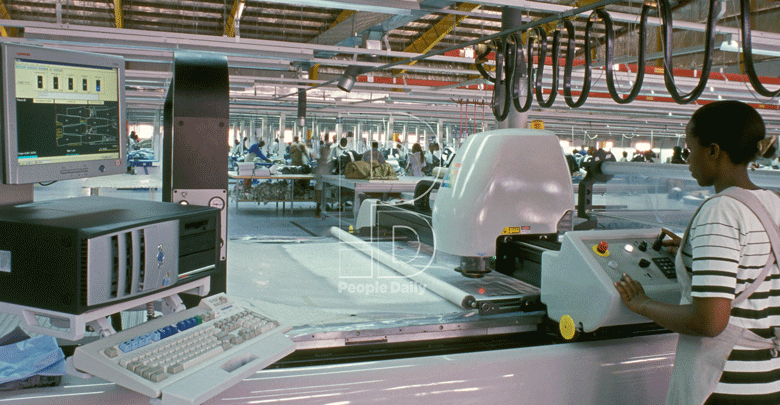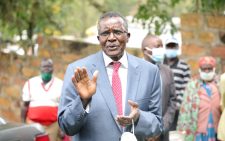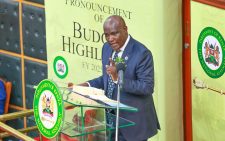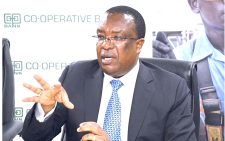Hope as business activity surges sharply in January

Steve Umidha @UmidhaSteve
Economic conditions in the Kenyan private sector improved at a solid pace in January, driven by sharp increases in output and new business, a new survey shows.
Workforce numbers also rose at a faster rate, while firms also expressed stronger optimism towards the next year of activity, according to the latest Stanbic Bank Kenya Purchasing Managers Index (PMI).
However, inflationary pressures intensified as value added tax (VAT) returned to the level seen before the coronavirus (Covid-19) pandemic in 2019.
Kenya’s private sector registered an impressive growth in January, buoyed by increases in output and surge of new orders, amid improving business conditions.
The PMI posted 53.2 in January, up from 51.4 in December to the highest reading for three months.
The index pointed to a solid improvement in the health of the private sector economy, and the seventh consecutive month of growth since the Covid-19 outbreak.
Readings above 50 signal indicates an improvement in business conditions on the previous month, while readings below 50 show a deterioration.
Indications by the survey are that output and new orders both rose sharply in the new year, with growth of each quickening to the fastest since last October.
“Firms highlighted that the reopening of businesses and improved cash flow in the economy helped to generate higher customer spending,” it says.
Commenting on the trend, Kuria Kamau, Fixed Income and Currency Strategist at Stanbic Bank said economic activity picked up in January on account of an improvement in customer spending due to improving cash flows in the economy and the re-opening of schools.
New orders
These factors, he added, resulted in an increase in output and new orders.
“While inflationary pressures from the higher VAT and raw material shortages led to a steep rise in output prices, firms are now more positive about an improvement in business conditions over the next 12 months than they were last month,” Kamau added.
The survey indicates that export sales also continued to rise, although the upturn slowed to the weakest for seven months.
Rising levels of new work led to a solid increase in backlogs during January, encouraging a number of businesses to hire additional staff.
Consequently, employment rose at a solid rate that was one of the fastest seen over the past year.
However, input cost inflation accelerated in January, mainly due to a hike in VAT to 16 per cent that led many suppliers to increase their prices, the survey shows.











